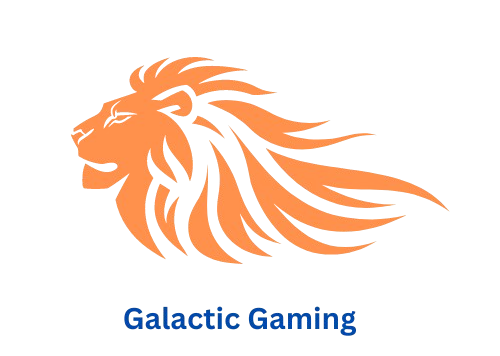In the ever-expanding realm of digital entertainment, few phenomena have captured the imagination and engagement of audiences quite like online gaming. What started as a niche hobby has blossomed into a global cultural force, shaping the way we socialize, compete, and unwind in the digital age. From humble beginnings to sprawling virtual mahjong ways 2 worlds, the journey of online gaming is a testament to human creativity, technological advancement, and the power of connectivity.
Genesis: From LAN Parties to Global Networks
The roots of online gaming can be traced back to the early days of personal computing and the emergence of local area networks (LANs). Gamers would gather in basements and dorm rooms, connecting their computers to play multiplayer matches of classics like Doom, Quake, and Warcraft. These grassroots gatherings laid the groundwork for the online gaming revolution to come.
As internet access became more widespread in the late 20th century, online gaming entered a new era of possibility. Dial-up connections gave way to broadband, and gaming consoles like the PlayStation 2 and Xbox brought online multiplayer experiences to living rooms around the world. Titles like Halo, Counter-Strike, and World of Warcraft became household names, fostering vibrant communities and competitive scenes.
The Rise of Esports: From Casual Play to Professional Spectacle
While online gaming had long been a pastime enjoyed by enthusiasts, the 21st century saw it ascend to the realm of professional sport. Esports, or electronic sports, emerged as organized competitions where players would compete for fame, fortune, and glory in games like League of Legends, Dota 2, and Fortnite.
What began as small-scale tournaments in gaming cafes and convention halls has evolved into a multi-billion-dollar industry with a global audience numbering in the hundreds of millions. Major esports events fill arenas to capacity, with viewers tuning in from every corner of the globe to watch their favorite teams and players battle for supremacy.
The Social Dimension: Building Communities in Virtual Spaces
Beyond the realm of competition, online gaming has become a social phenomenon, offering players a sense of belonging and camaraderie in virtual worlds. Whether teaming up with friends to tackle epic raids or meeting new allies in online forums and chat rooms, gamers have forged connections that transcend geographic boundaries and cultural divides.
Platforms like Twitch and Discord have further facilitated this sense of community, providing spaces for gamers to livestream their gameplay, interact with fans, and organize events. From cosplay competitions to charity fundraisers, the social dimension of online gaming continues to evolve and expand, enriching the lives of millions around the world.
